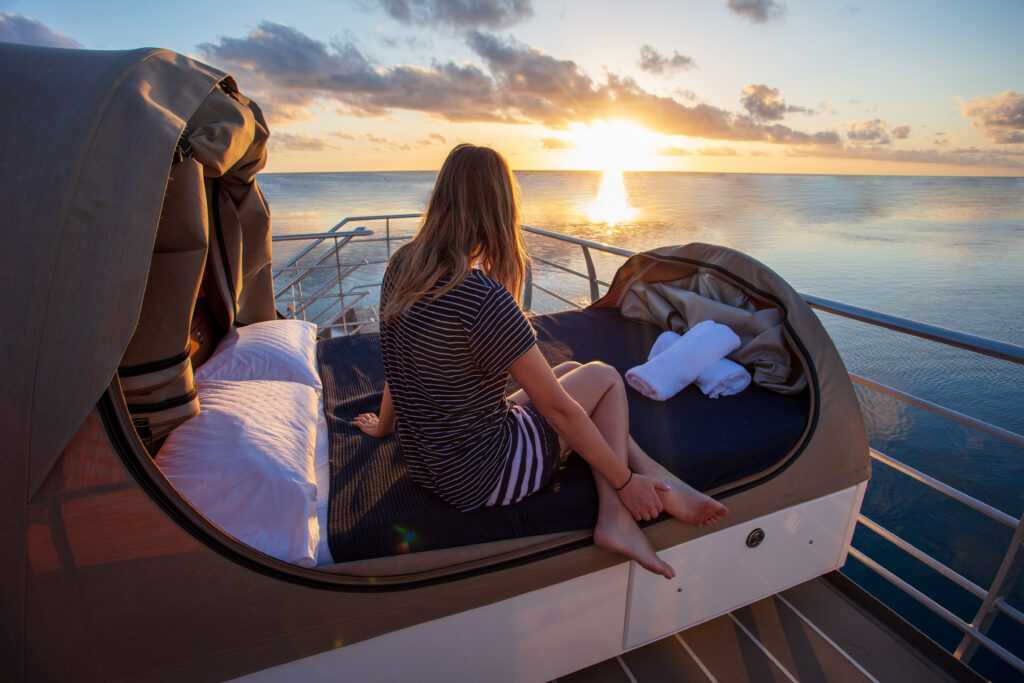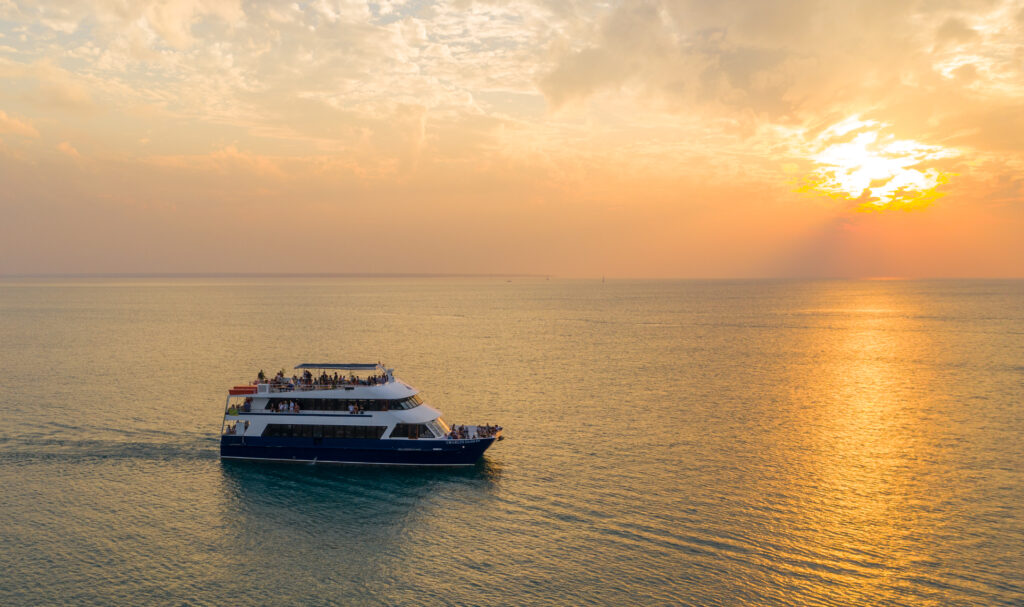WORDS Philip Pearce
We all like a holiday but science suggests there’s good reason to take our annual leave. Professor of Tourism from James Cook University, Philip Pearce, explains why packing your bags might be just what you need.
When I am asked what I do, I sometimes reply, “I am a Professor who teaches statistics.” Why do I do that? Quite simply because there is little recognition in the community that tourism is a topic worth studying. Indeed, if I reply that I study tourism, I am typically asked for travel recommendations or regaled with others’ travel stories. But studying tourism is about studying a massive global industry with serious business, community and individual impacts. And at that individual level, it’s asking what can travel do for you?
SATISFACTION
The business world has answered this question by being principally interested in satisfaction. They want to produce satisfied customers because that produces a pathway for repeat business and recommendations. Our studies in tourism have identified that being satisfied is only a part of the story of travel benefits and tourist well-being. There is more.
NEW SKILLS
In a foundation study we termed “the University of Travel”, we showed that travellers who participated in long duration adventures built a range of skills. After six months on the road, in the air and at sea, they returned home to their source countries more independent, more capable of handling pressure, better at dealing with their money, able to deal in new ways with frustrations and difficult people, and altogether more resilient. It is perhaps no wonder then, that travel is a useful add-on to the resumes of young professionals, as it provides a glimpse into their adaptability and worldly experience.
RESILIENCE AND EDUCATION
But there is more than skill building for those who strap on a backpack and venture out across the globe. In a subsequent analysis in North America, we revealed that travelling at least four times internationally, even on short holidays, provided the same kind of resilience and skill building as the much longer holidays. This is not purely a western outcome. In our next work we revealed that even Chinese group tourists travelling outside of China reported that they learned about how other countries manage the machinery of city and urban life. Some may be looking through the open lens of a camera a lot, but our work suggests that their minds are open to the nuances of life around them when they are outside their home country. Travel, it seems, can truly be educational. Perhaps we have always thought this, but it is good to have the data and evidence which demonstrates the learning.
SAVOURING
There is another benefit which we are now exploring. Travel memories are the mental souvenirs of our contact with other places and cultures. It appears in our recent work that the treasured and intense experiences we have, and which are prominent in our recall of places, constitute a beneficial form of emotional comforting. It is called ‘savouring ’ and we have begun to see that the enjoyment of these memories and the reactivating of the good times is a pleasurable act for people in distress, ill health or simply when they are overburdened by daily hassles. Yes, travel is good for you – during your holiday, after your holiday and for your overall wellbeing.


